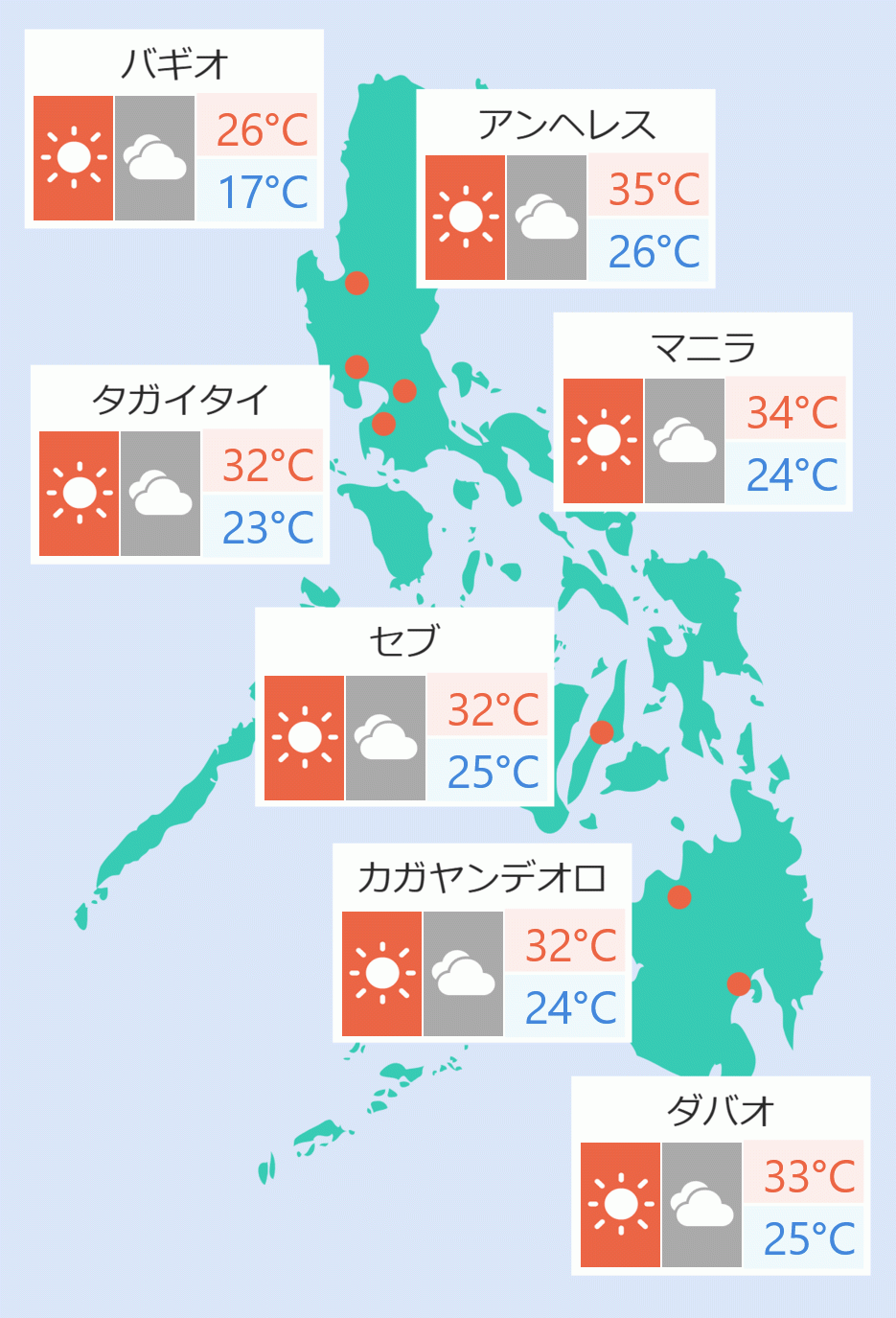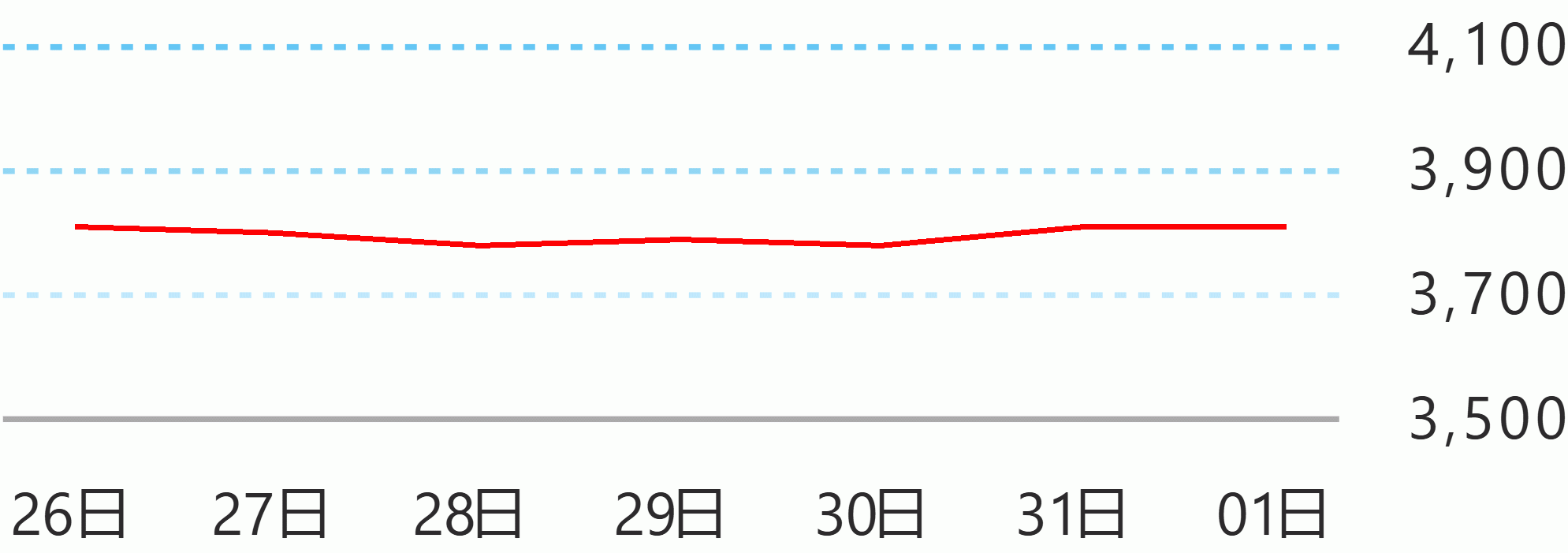President Ferdinand Marcos Jr. underscored the need to accelerate efforts to produce more jobs, and address poverty and inequality as the Asia Pacific Economic Cooperation (APEC) continues to drive global economic growth over the past four decades.
“This year’s agenda has appropriately focused on the cross-cutting themes of sustainability, inclusivity, and resilience. It is assuring that APEC economies are cooperating to utilize policy tools at our disposal,” Marcos said on Friday (San Francisco, California time).
“We need to accelerate efforts to address structural and policy issues with the view of enabling rapid economic recovery and growth in a sustained manner that creates jobs, draws people into the mainstream economy, and reduces poverty and inequality,” he added.
Marcos said this as he affirmed the Philippine government’s commitment and its continued contribution to the APEC agenda as he laid down the government’s economic objectives.
“The Philippines remains a committed partner, and will continue to contribute to the APEC agenda,” Marcos said in his response for the recorded interview with the APEC secretariat on the last day of the three-day summit in San Francisco, California.
Marcos stood firm before economic leaders that the Philippines have the tools, platforms, and mechanisms in APEC to address the challenges, and urge the cooperation of economies and support for the Filipino people.
The President emphasized that APEC remains to be one of the prime platforms of the Philippines to engage with economies in the Asia-Pacific region.
“In line with the APEC Putrajaya Vision of 2040, our ultimate goal is to achieve a peaceful, prosperous Asia-Pacific region where we live, and where the benefits accrue to Filipinos,” President Marcos said.
“As member economies of APEC, we have a responsibility to continue nurturing this potential and respond to immediate and imminent challenges,” he added, referring to the APEC’s driving force of cross-border trade and investment of the world.
Marcos also recalled his discussions with APEC economic leaders, which focused on how the Philippines can collectively achieve food and energy security and the economic inclusion of micro, small and medium enterprises (MSMEs) and their participation in the digital economy.
He also discussed with member economies about digitalization and the opportunities and challenges it presents to workforces and the economic empowerment of women, indigenous people and other sectors whose economic potential remains to be unlocked.
Efforts on sustainable development and addressing climate change were also discussed.
In order to achieve the Philippine government’s economic objectives, President Marcos emphasized the importance of leveraging APEC’s core strengths and values in the Asia-Pacific.
“We have the tools, the platforms, and mechanisms in APEC to address our challenges and, as such, we wish to further deepen that engagement,” President Marcos said, responding to a question on what is the Philippine government’s economy objectives for APEC.
The chief executive also emphasized the importance to continue building on the regional bloc’s long-running partnership with the private sector, and be more in lockstep with the APEC Business Advisory Council. Presidential News Desk





 English
English










